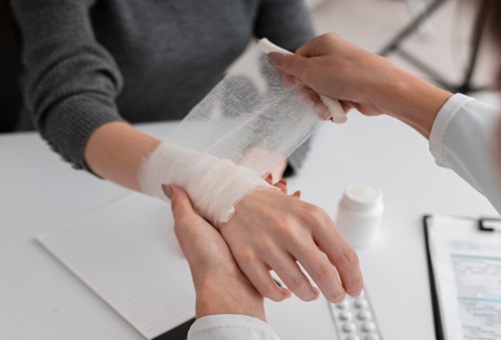
Calling 911 during a domestic violence incident initiates a sequence of responses designed to ensure safety and begin the process of intervention. What happens when you call 911 for domestic violence varies somewhat by jurisdiction, but follows a general protocol aimed at protecting victims and holding offenders accountable. The moments after making this call can feel overwhelming, but understanding the process helps victims prepare for what comes next.
Immediate response
When a 911 call about domestic violence comes in, dispatchers prioritise it as an emergency. They gather crucial information while keeping the caller on the line when possible. Police officers are dispatched promptly, often with instructions to approach cautiously since domestic situations can be volatile. Multiple officers typically respond to ensure everyone’s safety. The responding officers’ primary goal is securing the scene and separating the involved parties. They will assess injuries, call for medical assistance if needed, and begin collecting initial statements. This phase addresses immediate safety concerns rather than final determinations about what occurred.
Investigation begins
To determine if there has been a crime, officers arrive at the scene and conduct a preliminary investigation. They interview both parties separately, speak with any witnesses, document visible injuries, note property damage, and collect other relevant evidence. Many departments now use body cameras to record these interactions, providing additional documentation for later review. The legal process after a domestic violence 911 call may proceed regardless of whether the victim wants to press charges. In many jurisdictions, whenever police suspect domestic violence, they must arrest, following mandatory arrest laws to protect victims who may be afraid to act.
Protective measures
After the initial response, several protective mechanisms may activate:
- Emergency protective orders can be issued immediately
- Temporary housing options may be offered if needed
- Advocacy services are typically contacted to assist victims
- Children present may receive specialised support services
These measures aim to provide immediate safety while longer-term solutions are arranged. Advocates may arrive on the scene or contact victims shortly after the incident to explain options and available resources.
Legal proceedings
If an arrest occurs, the accused will typically be taken to jail for booking and may remain until a bail hearing. The prosecutor’s office reviews the evidence to determine what charges to file, if any. This decision is based on collected evidence, not solely on the victim’s wishes to proceed with charges. Court proceedings follow a standard process including arraignment, preliminary hearings, and trial. Throughout this process, victims may be connected with victim advocates who can explain proceedings, provide court accompaniment, and help access resources.
Follow-up support
The aftermath of a domestic violence call extends beyond the immediate incident. Victims may be contacted by:
- Victim advocates from community organisations
- Detectives conducting follow-up investigations
- Prosecutors are building cases against the perpetrator
- Social services if children were present
These contacts provide ongoing support, gather additional evidence, and ensure that victims have access to needed resources as they navigate recovery and the legal system.
Calling 911 during a domestic violence situation is a courageous step that activates a complex system designed to provide protection and justice.










